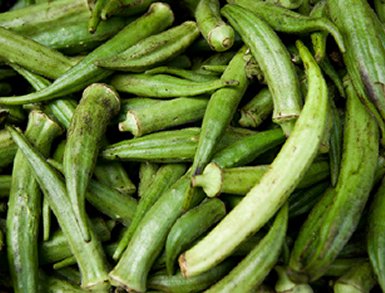Okra (Abelmoschus esculentus L. Moench), a tropical vegetable rich in polysaccharides and polyphenols, is consumed in many countries of the world.
According to Shengjie Fan and colleagues, Shanghai University of Traditional Chinese Medicine, China, okra is an important dietary element. The researchers demonstrated that the administration of okra polysaccharides to obese mice lowers their body weight, reduces the levels of blood glucose, and decreases the concentration of circulating lipids, such as cholesterol. Okra polysaccharides, moreover, improved sensitivity to insulin, the hormone that controls glucose uptake from the blood. These effects most likely arise from a decreased expression of the liver X receptor and peroxisone proliferator-activated receptor, two transcriptional factors that regulate the metabolism of glucose and lipids.
Okra consumption might, therefore, be beneficial in patients affected by obesity or other metabolic disorders.
- Okra polysaccharide improves metabolic disorders in high-fat diet-induced obese C57BL/6 mice,
Shengjie Fan, Lu Guo, Yu Zhang, Qinhu Sun, Baican Yang, Cheng Huang,
Mol. Nutr. Food Res. 2013.
DOI: 10.1002/mnfr.201300054


